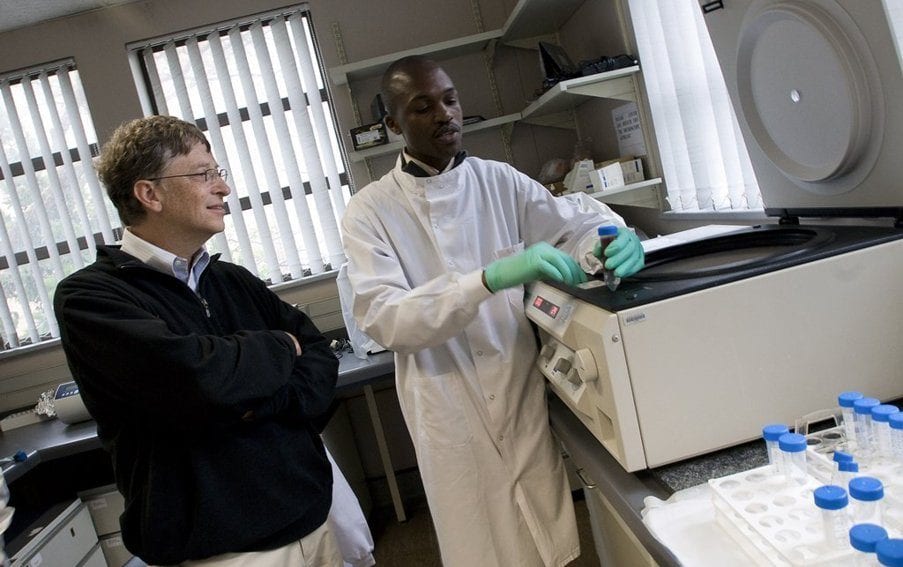Send to a friend
The details you provide on this page will not be used to send unsolicited email, and will not be sold to a 3rd party. See privacy policy.
[CAPE TOWN] South African scientists are to receive funding worth 370 million rand (US$33.5 million) through partnerships to develop new medicines, vaccines and other biotechnologies to tackle HIV/AIDS, malaria and tuberculosis over the next five years.
The partnerships involve the contributions of the South African Medical Research Council (MRC), the University of Cape Town (UCT), the government and the Bill and Melinda Gates Foundation (BMGF) — the major funder of the venture.
The partners say the three diseases contribute to Africa’s high disease burden, hence the need for the continent to develop medicines to tackle them.
“The MRC’s initiative to create SHIP gives South African scientists a unique opportunity to lead the process of developing new technologies to improve health.”
Salim Abdool Karim, South African Medical Research Council (MRC)
Research funds will be spent on two programmes — strengthening MRC’s Strategic Health Innovation Partnerships (SHIP) unit and funding UCT’s Drug Discovery and Development Centre (H3-D) — to develop new medicines and biotechnologies to tackle the three diseases, the MRC announced in Cape Town on 21 January.
“The MRC’s initiative to create SHIP gives South African scientists a unique opportunity to lead the process of developing new technologies to improve health,” says Salim Abdool Karim, president of the MRC.
Trevor Mundel, president of the BMGF’s Global Health Program, says investing in the partnerships has the potential to tackle tough health challenges through innovative solutions.
A joint statement from the partners says SHIP will be supported with US$11.3 million from the BMGF, US$11.8 million from South Africa’s Department of Science and Technology and US$5.4 million from South Africa’s Department of Health over three years.
In the second programme, UCT’s H3-D will receive US$5 million from the BMGF over the next five years.
Thandabantu Nhlapo, the acting vice-chancellor of UCT, says the university is proud to be associated with partnerships operating from Africa that strive to alleviate some of the world’s major burdens.
Nhlapo adds that when empowered by funding and partnerships, researchers have the means to use their scientific capability to start solving local health problems.
Kelly Chibale, founder and director of H3-D, says the funds will help the centre build on its capacity to develop novel drugs to tackle tuberculosis and malaria.
Chibale adds: “The partnership with the BMGF is an important step to ensure continued development of H3-D as it seeks to bridge the gap between basic science and clinical development to deliver new life-saving drugs, while also developing a critical mass of the next generation of skilled African scientists”.
Lynn Morris, a research professor at the University of the Witwatersrand, South Africa, says the biggest incentive to attracting more donor funding is to show productivity and innovation.
“If donors see value for money they will continue investing,” she tells SciDev.Net, noting that it is essential the South African government also shows practical support to ensure the research being conducted is responsive to the country’s needs.
This article has been produced by SciDev.Net's Sub-Saharan Africa desk.














